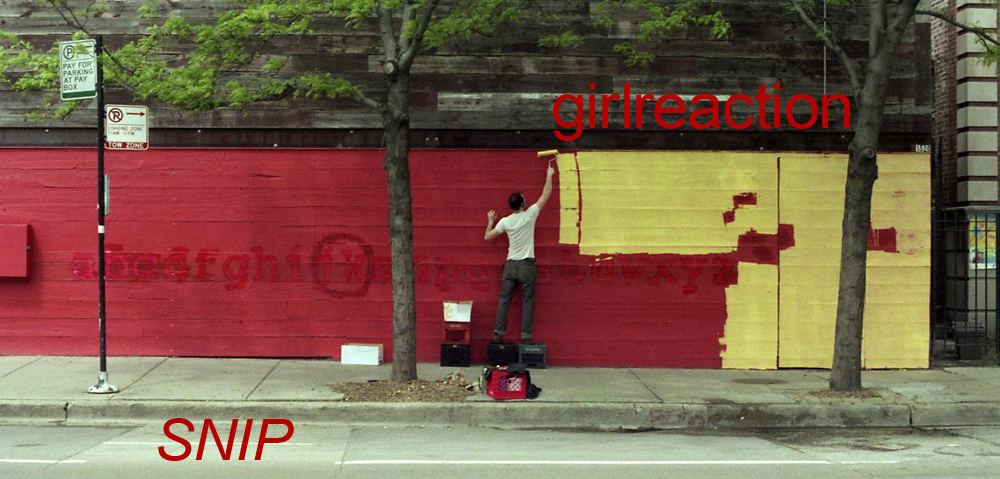Our February challenge book (we are alternating between 19th-century and contemporary novels this year).
I liked a lot of this book. But there were things I could’ve done without. Since we already reviewed it in sort of rambling fashion on Flickr, I’ll just paste in what we had to say there:
GirlReaction: I liked a lot of it but there were annoying things. some chapters where you couldn’t figure out who was speaking until WELL into them (must EVERYONE be first person?) or dialogue where it took some figurin out who the conversation was between and who was saying which lines. and then at the end of the book, it just…ENDS. midsentence even. eh? I prefer a bit more of a finale, even if you have a cliffhanger.
But it was really funny and clever and felt very much like Vonnegut to me. Vonnegut but with more details, longer sentences / paragraphs, and if Vonnegut wrote females as the main character (or important characters really). Vonnegut is easier to get through (generally both shorter and less literarily dense), but I felt like they shared some sensibilities.
I liked it more than Dad though. He eventually got kinda of annoyed with it and I think it’s tweeness. Like sometimes the reader shouldn’t have to work QUITE that hard. “Cleverness for the sake of clever”. Although now maybe I am being harsher than he was. Dad?
DadReaction: Yes–your summary of my assessment was pretty accurate. I thought all the guesswork was unnecessary and didn’t like the non-ending. He actually got you involved with his goofy people and then sort of sold them short. Still, still, VERY clever– e.g., Vigorous’ son living out the news, being Nixon, etc. The Vigorous-Lenore storytelling duo was super–but you miss her reactions when it’s just his story. I wanted to complete the grandmother saga.
To be honest, I probably would have loved this book when I was reading the first Pynchon books, Tom Robbins, Edward Whittemore (WHAT? You’ve never heard of Whittemore? Shame! Go, go, get Sinai Tapestry, Jerusalem Poker.). Then Again, I LOVED the last Pynchon–Against the Day–and I pick up Vonnegut effortlessly. This one, I kind of had to force myself through. Okay, but, once more, STILL, still, Lenore herself always drew me back. And Lang sort of grew on me–okay, so I really wanted to know how their story came out, and was denied that by a much too clever author.
So I like much of the creation, but I was not drawn to the creator. Telling fact that maybe sums it all up: haven’t recommended it to anyone and not really eager to read another by same author.
